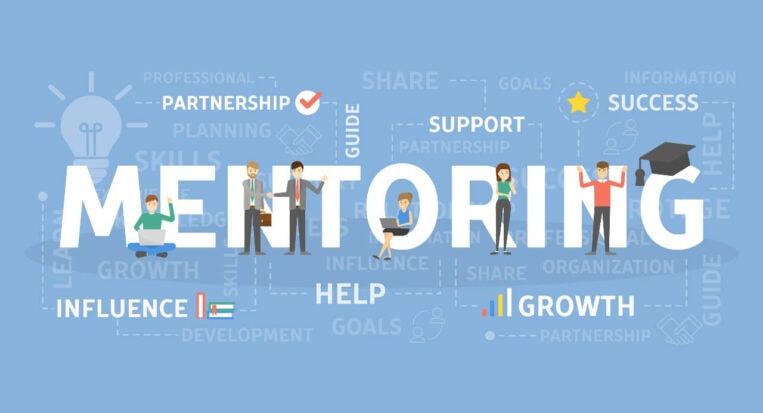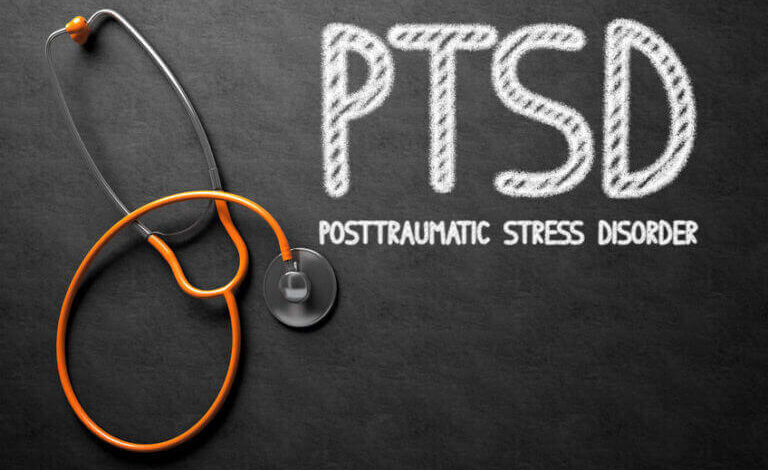Society harshly judges those who are addicted to drugs, especially those who “had a bright future ahead” or “lived a successful life.”
Addiction does not discriminate and can affect individuals of all ages, ethnicities, and social classes.
Unfortunately, many people do not understand the power of addiction and how it can ruin marriages, cause financial hardships, even result in jail sentences for the most levelheaded adults who grew with strong support systems.
It is common to hear questions such as:
“Why can’t they just quit”?
“Why didn’t their treatment work?”
“Why do they continue to make poor choices”?
Unfortunately, there is no clear-cut answer to any of these questions. There are multiple deep layers as to why the addiction occurred in the first place.
Once an individual becomes involved with the struggles of addiction, many factors make breaking the cycle incredibly difficult:
1) Self-Medication
Many individuals begin using drugs, especially prescription opioids, to help with pain or a chronic physical or mental illness.
Heroin often replaces prescription opioids among individuals who are struggling with physical pain that may be the result of a chronic injury or disease such as arthritis or a traumatic accident.
Alcohol and benzodiazepines (Xanax, for example) induce a state of relaxation and euphoria for many.
After a tragic accident or an intolerable traumatic event, many individuals will turn to these substances to numb their emotional and physical pain.
2) Tolerance
Over time, the brain adjusts to alcohol and drugs, resulting in anxiety and irritability and developing a tolerance.
r
Instead of drinking alcohol and using drugs to numb the physical or emotional pain, individuals must drink or use drugs to feel “normal” because they have acquired a tolerance.
Alcohol and drugs are often used to cope with depression, bipolar disorder, eating disorders or anxiety disorders and therefore discontinuing the use of these substances can unbury signs and symptoms associated with these underlying mental health disorders.
3) Lack of Alternative Reward
Drug use triggers the reward center in the brain resulting in a surge of dopamine, which leads to euphoria.
Although these feelings of euphoria are brief and the consequences of drug abuse far outweigh the pleasurable effects, individuals still choose to use substances of abuse because they often do not have an alternative reward.
Individuals who struggle financially are usually deprived of pleasurable options and therefore are even more prone to continual non-prescribed drug use as a means for a reward.
4) Stress
Research has shown that there is a strong link between stress and drug abuse. Drugs and alcohol are often used as unhealthy coping mechanisms to deal with stress.
Traumatic events, including adverse childhood experiences, physical and sexual abuse, neglect, domestic violence, and family dysfunction, are associated with an increased risk for addiction.
These traumatic events often lead to high levels of emotional stress that can result in a loss of control and lead to impulsive behaviors such as drug addiction as a way to seek instant gratification or an escape from reality.
5) Cravings and Withdrawals
Many drugs of abuse, specifically alcohol, benzodiazepines, and opioids, all have dangerous and severe withdrawal effects when an individual stops using.
As a result, many individuals will continue to use to prevent painful withdrawal symptoms.
Professional drug addiction treatment is often necessary to safely wean individuals off of drugs of abuse.
Quitting cold turkey is not only futile but can be dangerous, and as a result, many individuals would instead continue to use than to undergo the withdrawal process.
Additionally, cravings for drugs of abuse become stronger as time goes by since the brain becomes rewired and dependent on the euphoric feelings associated with addiction.
6) Impaired Insight
Chronic drug abuse results in brain changes that impair specific areas such as the frontal cortex and the insular cortex, which are responsible for impulse control, decision-making, and emotional response.
As a result, individuals who are addicted to drugs will have impaired insight and will not view their addiction as a problem.
They also may engage in reckless behavior that could cost them their job, relationships and even in their lives.
Many individuals will be in denial about their addiction because they believe that they do not have a problem due to their poor insight.
Seking Help for An Addiction? Akua Is Here for You.
Individuals who have a chronic addiction will often be slow to seek professional help because of the above-listed roadblocks.
As a result, it is essential for healthcare professionals, friends, and family to step in and try to have a healthy intervention with their loved ones.
If your loved one is battling an addiction, it is vital to stay strong, have patience, be gentle with them, and continue to try to get them into treatment.
Akua Mind & Body is a substance abuse and mental health treatment center offering multiple levels of care which include detox programs, residential treatment, and outpatient programs throughout California.
Call our 24/7 admissions helpline today!




